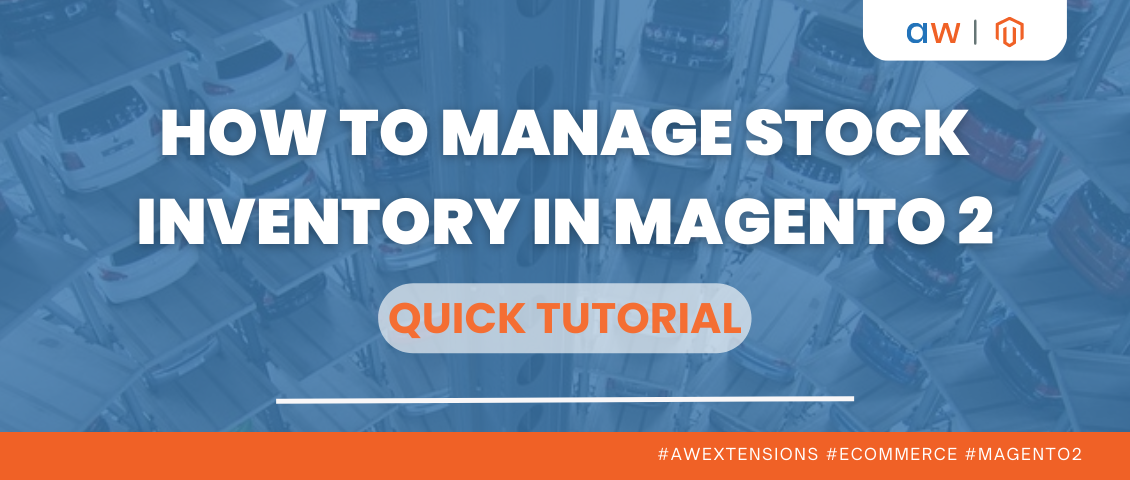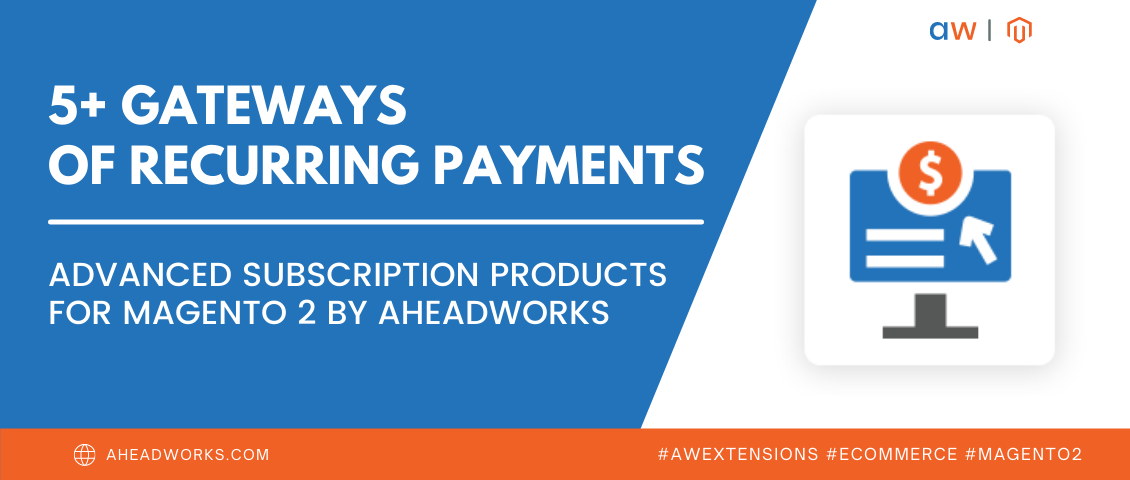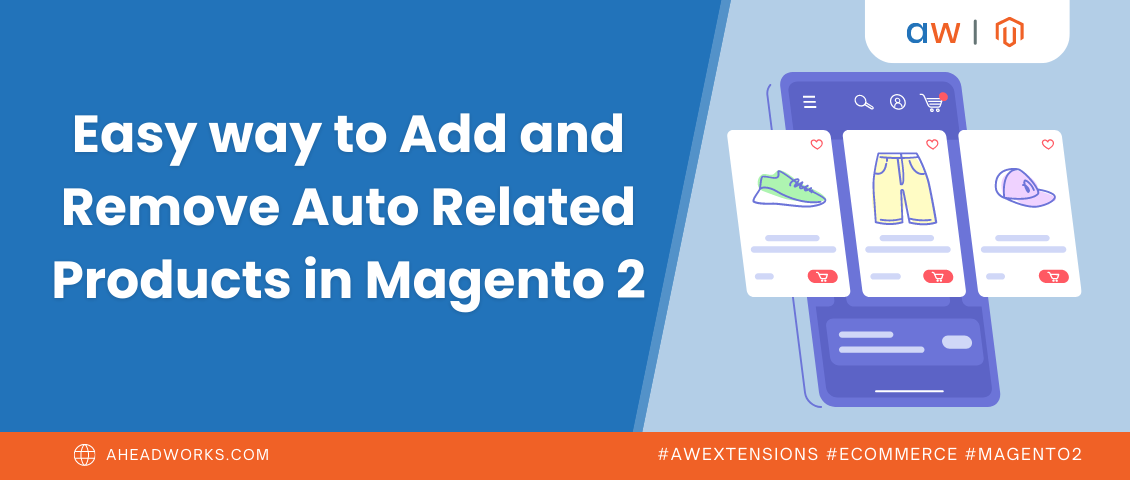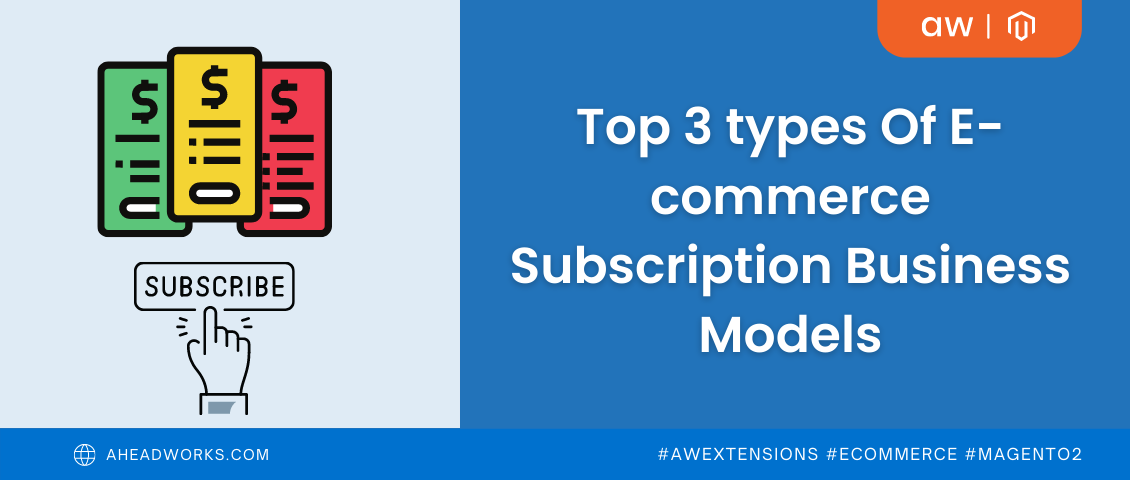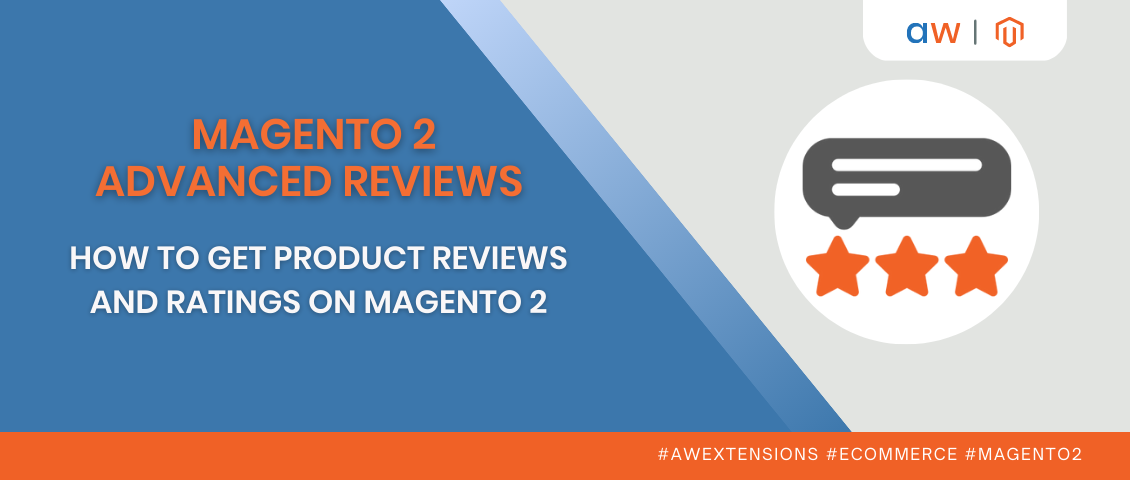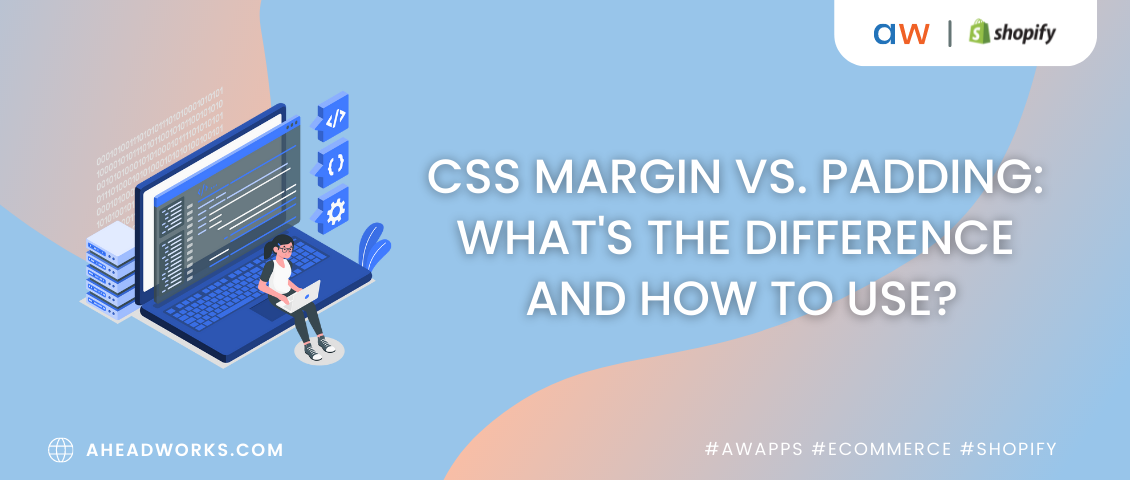
Magento 2 Testing
Categorized as : Ecommerce
The same as for any product, quality is the biggest concern of all software providers. And other than a brilliant idea, wide test coverage is the shortest way to create a first-class software product, and Magento 2 is no exception.

Magento 2 has been intensively tested during the development and implementation stages asking for the same approach from the entire community. Today adopting the process of code verification and validation is the matter of survival and future success. The software development practice is abundant in this field and offers multiple test methods and approaches able to ensure the necessary quality and shorten the entire development period.
The software testing theory includes different types of tests levels and methods coming from particular development goals and needs. White-box and black-box testing approaches; static and dynamic testing methods; unit, integration, interface component, system and operational acceptance testing levels, and even a huge set of testing types - that’s just a short enumeration of available testing opportunities.
Of course, a software product or even platform is not able to include all the said above options, and it is hardly needed. On the contrary, an optimal testing strategy involves only few tests that cover maximum sensitive product aspects. Especially that possible mistakes do not always originate from the code and can be made on the design stage as well. But, the sooner we detect an error the less damage it causes, including financial costs.
Magento 2 Testing Guide defines six types of tests provided within the platform:
Magento 2 testing options are not limited to the named above basic types of tests and the platform also enables you to carry out performance, integrity, legacy tests, etc.
This way, Magento 2 offers much more opportunities for testing than the previous version of the platform and enables you to test the code, certain configurations and functionality from different angles.
The main advantage and assistance are provided with the Functional Testing Framework that allows you to create and run basic acceptance testing, smoke testing, regression testing, etc. much easier. For the purpose Magento 2 also provides you with the PHPUnit testing framework added to the composer and being downloaded during the installation.
Helpfully Functional Testing Framework is described in details starting from the installation and configuration stages till the updates and troubleshooting. So, we are not going to dive deep here, still below we’d like to tell you about some basic entities shaping the entire Functional Testing Framework workflow.
Fixtures
Fixtures contain a list of properties for Magento 2 entities under testing. They can also be referred to as test data and test preconditions for particular tests. All fixtures are generated by the generateFixtureXml tool according to the specific parameters provided in fixture arguments.
Fixture Repository
Fixture Repository contains fixture-related data. The reference to the required repository is contained in the fixture XML file.
Handlers
Handlers create specific testing environment and preconditions for particular tests. Each fixture may contain several handlers sorted in a fallback by their priority specified in config.xml. For an eligible test you need to have a fixture, data set and a handler that transfers data to the tested application.
Blocks
Block is the UI area for tests to interact with, while a page is a container for blocks. A block class is a set of methods manipulating Magento UI Blocks.
Pages
A page object is a class interacting with Magento pages under tests and serving as a container for blocks.
As far as Magento 2 is largely covered with different types of tests, Magento 2 extensions, especially the ones intended for sales, have to embrace the same approach and diligence. The Magento team provides all the chances to make high-quality products possible through the detailed developer documentation including the Test Your Components descriptions.
Magento 2 is currently intensively developed in terms of functionality, security, performance, etc., so each extension provider needs an effective way to check compatibility of its products with the latest platform versions. The best way to ensure proper integration is to provide extensions with widespread automated testing options. It allows providers to make sure that their modules work correctly on the renovated platform and gives customers the same confidence.
Furthermore, an online store owner is also able to test third-party extensions during the global Magento 2 installation testing procedure and make sure that the platform and integrated custom modules work in conjunction properly.
Thereby, unit tests are obligatory for all modules produced by Aheadworks. All the current and newly created extensions will contain tests either updated till the latest Magento 2 version or just created for it from scratch.
This feature has special value in practice for Magento development companies and third-party integrators. But, it can also show merchants that the tested code is made according to all Magento 2 Development Standards.
In fact, Magento 2 enters and creates the new era of e-commerce software development simultaneously. Many approaches and methods are brand-new for the community, but become gradually common and familiar. And, prevailing code testing is the innovation that will certainly have impact on the Magento 2 future development and success.

Magento 2 has been intensively tested during the development and implementation stages asking for the same approach from the entire community. Today adopting the process of code verification and validation is the matter of survival and future success. The software development practice is abundant in this field and offers multiple test methods and approaches able to ensure the necessary quality and shorten the entire development period.
Software Testing
The software testing theory includes different types of tests levels and methods coming from particular development goals and needs. White-box and black-box testing approaches; static and dynamic testing methods; unit, integration, interface component, system and operational acceptance testing levels, and even a huge set of testing types - that’s just a short enumeration of available testing opportunities.
Of course, a software product or even platform is not able to include all the said above options, and it is hardly needed. On the contrary, an optimal testing strategy involves only few tests that cover maximum sensitive product aspects. Especially that possible mistakes do not always originate from the code and can be made on the design stage as well. But, the sooner we detect an error the less damage it causes, including financial costs.
Magento 2 Testing
Magento 2 Testing Guide defines six types of tests provided within the platform:
- Functional testing - refers to one of the highest testing levels and determines Magento 2 as black box analyzing the provided in the browser result from the user perspective;
- Functional API testing - allows you to test the platform and client-side application interactions through Magento 2 API;
- Integration testing - analyzes the process of interaction between two modules at different levels of isolation;
- JavaScript testing - tests the accuracy of JavaScript functions;
- Static testing - refers to the static code evaluation based on Magento Coding Standards;
- Unit testing - automatically tests separated objects, classes, etc. in isolation.
Magento 2 testing options are not limited to the named above basic types of tests and the platform also enables you to carry out performance, integrity, legacy tests, etc.
This way, Magento 2 offers much more opportunities for testing than the previous version of the platform and enables you to test the code, certain configurations and functionality from different angles.
Functional Testing Framework
The main advantage and assistance are provided with the Functional Testing Framework that allows you to create and run basic acceptance testing, smoke testing, regression testing, etc. much easier. For the purpose Magento 2 also provides you with the PHPUnit testing framework added to the composer and being downloaded during the installation.
Helpfully Functional Testing Framework is described in details starting from the installation and configuration stages till the updates and troubleshooting. So, we are not going to dive deep here, still below we’d like to tell you about some basic entities shaping the entire Functional Testing Framework workflow.
Magento 2 Testing Entities
Fixtures
Fixtures contain a list of properties for Magento 2 entities under testing. They can also be referred to as test data and test preconditions for particular tests. All fixtures are generated by the generateFixtureXml tool according to the specific parameters provided in fixture arguments.
Fixture Repository
Fixture Repository contains fixture-related data. The reference to the required repository is contained in the fixture XML file.
Handlers
Handlers create specific testing environment and preconditions for particular tests. Each fixture may contain several handlers sorted in a fallback by their priority specified in config.xml. For an eligible test you need to have a fixture, data set and a handler that transfers data to the tested application.
Blocks
Block is the UI area for tests to interact with, while a page is a container for blocks. A block class is a set of methods manipulating Magento UI Blocks.
Pages
A page object is a class interacting with Magento pages under tests and serving as a container for blocks.
Magento 2 Extensions Testing
As far as Magento 2 is largely covered with different types of tests, Magento 2 extensions, especially the ones intended for sales, have to embrace the same approach and diligence. The Magento team provides all the chances to make high-quality products possible through the detailed developer documentation including the Test Your Components descriptions.
Aheadworks Extension Tests
Magento 2 is currently intensively developed in terms of functionality, security, performance, etc., so each extension provider needs an effective way to check compatibility of its products with the latest platform versions. The best way to ensure proper integration is to provide extensions with widespread automated testing options. It allows providers to make sure that their modules work correctly on the renovated platform and gives customers the same confidence.
Furthermore, an online store owner is also able to test third-party extensions during the global Magento 2 installation testing procedure and make sure that the platform and integrated custom modules work in conjunction properly.
Thereby, unit tests are obligatory for all modules produced by Aheadworks. All the current and newly created extensions will contain tests either updated till the latest Magento 2 version or just created for it from scratch.
This feature has special value in practice for Magento development companies and third-party integrators. But, it can also show merchants that the tested code is made according to all Magento 2 Development Standards.
Conclusion
In fact, Magento 2 enters and creates the new era of e-commerce software development simultaneously. Many approaches and methods are brand-new for the community, but become gradually common and familiar. And, prevailing code testing is the innovation that will certainly have impact on the Magento 2 future development and success.




